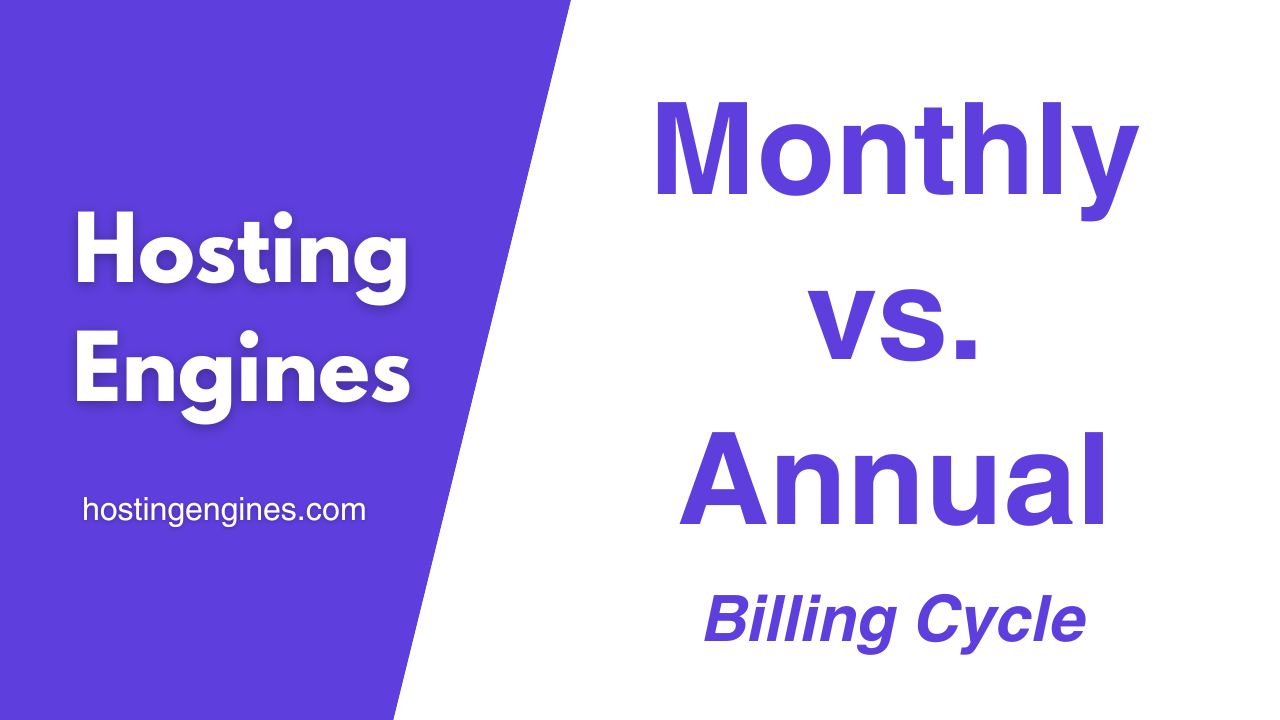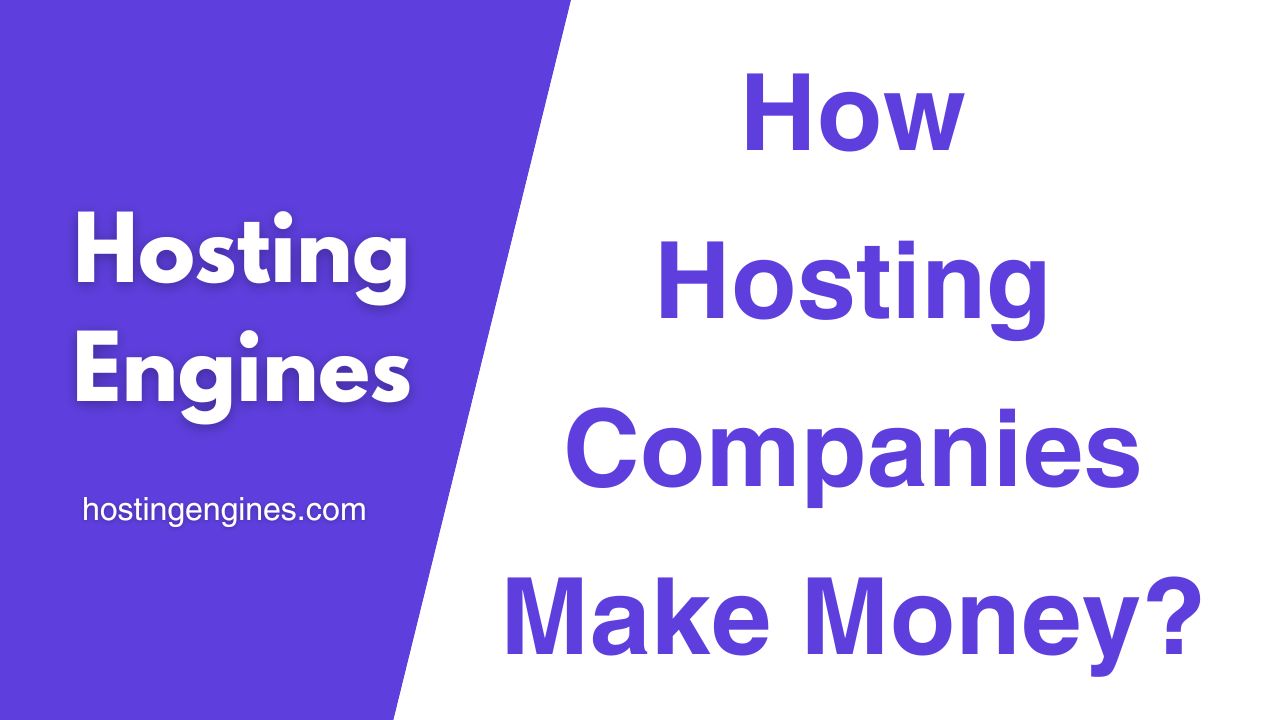Have you ever wondered why some websites seem to run flawlessly while others struggle to stay online? The secret might be simpler than you think.
As someone who’s been in your shoes, I know the excitement of launching a new website – and the frustration when things don’t go as planned. We’ve all been there, staring at a loading screen, wondering if our digital dreams are slipping away.
Let me tell you about a small business owner who thought he’d saved money by choosing the cheapest web host she could find. Three months and countless headaches later, he realized his bargain had cost him more in lost sales and credibility than he’d ever imagined. But here’s the twist – when he finally switched to a quality host, his online sales doubled within weeks.
Now, you might be thinking, “Isn’t all web hosting essentially the same? After all, they’re just storing my website, right?” Wrong. This common misconception has led countless entrepreneurs and bloggers down a path of digital disappointment.
Here’s the problem: In the online business, your website’s performance can make or break your success. Slow load times, frequent downtime, and security breaches can drive away visitors faster than you can say “404 error.” It’s frustrating, it’s damaging to your brand, and it’s completely avoidable.
But don’t worry – there’s a solution. By understanding the key features that truly matter in web hosting, you can avoid these pitfalls and set your website up for success from day one by choosing the right web hosting provider.
In this guide, I’ll explore the essential features you need to look for in a web hosting provider. This will empower you to make a choice that supports your goals and keeps your visitors coming back for more.
What are the Features of a Good Web Host?
1. Reliability:
When it comes to web hosting, reliability is king. A good web host should offer an uptime guarantee of at least 99.99%. This means your website will be accessible to visitors 99.99% of the time, with minimal downtime for maintenance or unforeseen issues.
Even brief periods of downtime can lead to lost revenue, damaged reputation, and decreased search engine rankings.
Look for a reliable host that invests in robust infrastructure, including redundant power supplies, network connections, and hardware components and they are known for their hosting reliability.
Example: DigitalOcean boasts a 99.99% uptime guarantee, backed by a service level agreement (SLA) that offers credit for any month where this standard isn’t met.
Read: How Does Web Hosting Affect Website Performance and Speed?
2. Speed:
Users expect websites to load almost instantaneously, as many sites do. Look for a web host that provides fast server response times and quick page load speeds.
This improves user experience and positively impacts your search engine rankings, as Google considers page speed a ranking factor.
Google reports that 53% of mobile site visits are abandoned if pages take longer than 3 seconds to load.
Technologies to look for in a web host:
- Solid State Drives SSDs or NVMe SSDs
- Content Delivery Networks (CDNs)
- Server-side caching
- HTTP/2 and HTTP/3 support
Example: Cloudways offers a stack optimized for speed, including Nginx, Varnish, and Redis, resulting in load times as low as 400ms for some users.
Read: Benefits of Using CDN
3. Security:
In 2023, the average cost of a data breach reached $4.45 million (IBM Cost of a Data Breach Report 2023).
Cyber threats are evolving, and a good web host should be your first line of defense.
Look for hosts that offer:
- Regular security patches and updates
- Robust firewalls (Web Application Firewall – WAF)
to fend off malicious traffic - Free SSL certificates to encrypt data transmission
- Malware scanning and removal tools
- DDoS protection to mitigate large-scale attacks
Example: SiteGround offers an AI-powered WordPress security plugin, real-time threat detection, and automatic backups.
Remember, while your host plays a big role in security, you also have responsibilities. Always keep your software updated and use strong passwords.
4. Scalability:
Your website’s needs today might not be the same as its needs tomorrow. Look for a web hosting service that offers scalable solutions that can grow with your business. This might include:
- Easy upgrades from shared hosting to VPS or dedicated servers
- The ability to add resources (CPU, RAM, storage) on demand
- Support for sudden traffic spikes without downtime
Scalability ensures that your hosting solution can adapt to your changing needs without requiring a complete migration to a new provider.
Example: Vultr offers auto-scaling groups that can automatically adjust your resources based on traffic patterns.
5. Customer Support:
Even with the best technology, issues can arise. That’s where stellar customer support comes in.
What to look for:
- 24/7 support availability
- Multiple contact channels (live chat, phone, email, ticket system)
- Knowledgeable staff who can solve complex issues
- Comprehensive knowledge base and tutorials for self-help
Don’t underestimate the importance of good support. It can be the difference between a minor hiccup and a major catastrophe for your website.
Example: WP Engine is renowned for its WordPress expertise, offering 24/7 support with an average response time of under 3 minutes.
6. User-Friendly Control Panel:
Managing your hosting shouldn’t require a degree in computer science. Search for a hosting provider that offers an intuitive control panel (like cPanel or Plesk) that allows you to easily:
- Manage domains and subdomains
- Create and manage email accounts
- Upload and organize files
- Install popular applications with one-click installers
- Manage databases
- Monitor resource usage
The easier it is to manage your hosting, the more time you can spend on actually running your website.
Example: Cloudways offers a custom and powerful control panel designed to manage servers and websites with ease, simplifying common and advanced tasks like PHP settings, updates, cronjobs, backups, and more.
7. Backup Services:
Data loss can be catastrophic. Ensure your host offers comprehensive backup solutions such as:
- Regular automated backups (daily or weekly)
- Easy restoration options
- The ability to create manual backups before making significant changes
Some hosts even offer off-site backups for added security. While it’s always a good idea to maintain your own backups, having host-provided backups adds an extra layer of protection.
Example: Liquid Web offers automatic daily backups with 30-day retention, plus the ability to create on-demand backups before major changes.
8. Adequate Resources:
Every website has unique needs when it comes to storage and bandwidth. Ensure your host provides sufficient storage, bandwidth, and computing power for your needs. Consider the following:
- Sufficient storage space for your files, databases, and emails
- Enough monthly bandwidth to handle your traffic without overage charges
- The option to easily upgrade if you need more resources
Be wary of “unlimited” plans – always read the fine print to understand any limitations or fair use policies.
Example: HostGator’s Business plan offers “unlimited” SSD storage and unmetered bandwidth, which is suitable for growing businesses.
9. Fair Pricing and Clear Terms:
While price shouldn’t be the only factor in your decision, look for a website that offers transparent pricing and clear terms of service. Look for:
- Competitive rates that align with the features offered
- Clear explanation of renewal rates (beware of low introductory prices that skyrocket upon renewal)
- Money-back guarantee for a specified period
- No hidden fees or charges
Remember, the cheapest option isn’t always the best. Consider the value you’re getting for your money.
Example: A2 Hosting offers a straightforward pricing structure with a generous anytime money-back guarantee.
10. Compatibility:
Finally, ensure that your chosen host supports the technologies you need for your website. This might include:
- Support for your preferred content management system (WordPress, Joomla, Drupal, etc.)
- Compatibility with your programming language of choice (PHP, Python, Ruby, etc.)
- Support for specific databases (MySQL, PostgreSQL, MongoDB, etc.)
- Ability to use version control systems like Git
Example: Linode offers a developer-friendly environment with support for the latest PHP versions, SSH access, and marketplace applications to choose from.
Conclusion
Choosing the right web host is a critical decision that can significantly impact your website’s success.
Remember, the “best” web host varies depending on your specific needs. Take the time to assess your requirements, read reviews, and even test out services when possible.
Your perfect web host is out there – armed with this knowledge, you’re now ready to find it and take your online presence to the next level.






